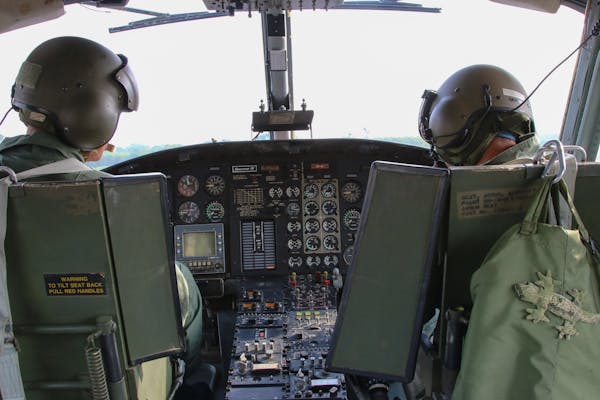Introduction
Flying can be an exciting and thrilling experience, but it can also be a source of stress and anxiety for many people. Flight anxiety, or aviophobia, is a fear of flying that can cause feelings of panic and dread before, during, and after a flight. People who suffer from flight anxiety experience symptoms such as sweating, shaking, nausea, and difficulty breathing. Fortunately, there are many strategies that can help people overcome their fear of flying and enjoy a stress-free flight experience.
Understand the Causes of Flight Anxiety
One of the most important steps in overcoming flight anxiety is to understand the causes of the fear. Flight anxiety is often caused by a combination of factors, including a fear of the unknown, a fear of heights, and a fear of being out of control. Other common triggers include a fear of the airplane crashing, a fear of turbulence, and a fear of crowded spaces. By recognizing and addressing these triggers, it is possible to reduce the fear and anxiety associated with flying.
Seek Professional Help
If your fear of flying is severe and interfering with your daily life, it may be helpful to seek professional help. A therapist or counselor can help you identify the root cause of your fear and develop strategies for managing and reducing it. They can also provide support and guidance throughout the process.
Taking a fear of flying course is a great way to overcome flight anxiety. These courses are designed to help individuals understand the science behind flying and how to manage their fear of it. The course will provide helpful information on how to relax before and during a flight, as well as strategies for managing fear and stress. It will also include methods for calming nerves and learning how to control fear responses. Additionally, the course will provide positive reinforcement from experienced flight professionals in order to help individuals become more confident and comfortable with flying. By taking a fear of flying course, individuals can gain the skills and knowledge needed to have a fearless flight experience.
Try Medicinal Mushrooms
Magic mushroom is a powerful natural remedy that can help reduce anxiety and help you relax during your flight. It has been used for centuries to reduce stress and anxiety and can help relieve symptoms of panic attacks, fear, and phobias. Dried magic mushroom contains compounds such as psilocybin and psilocin, both of which interact with the brain’s serotonin receptors to induce a feeling of calmness and peace. Additionally, it may help to reduce the physical symptoms of flight anxiety such as tingling, sweating, and shortness of breath. If you are considering taking magic mushroom for your flight anxiety, it is important to speak with your healthcare provider first, as it can interact with other medications.
Focus on Positive Visualizations
A positive visualization is a powerful tool for managing fear and anxiety. When flying, it can be helpful to close your eyes and imagine yourself in a safe and calming environment. Visualize yourself arriving at your destination, feeling relaxed and happy. This can help to reduce fear and anxiety by shifting your focus away from the fear and onto positive, calming images.
Prepare in Advance
Being prepared for your flight can help to minimize fear and anxiety. Take some time to research the airline and the plane you will be flying on and make sure you know the safety procedures. Read up on the weather conditions and be familiar with the route and the estimated flight time. Knowing as much as possible about your flight can help to reduce the fear and anxiety associated with flying.
Take Comfort Items
Bringing a few comfort items on a flight can help to reduce fear and anxiety. Consider bringing a favorite book, some calming music, or a comfortable pillow. A calming essential oil or relaxing tea can also be helpful. These items can help to create a soothing environment and provide a sense of security, both of which can help to reduce fear and anxiety.
Conclusion
Fear of flying can be a challenging and overwhelming experience, but there are strategies that can help people overcome their fear and enjoy a stress-free flight experience. Understanding the causes of the fear, focusing on positive visualizations, preparing in advance, taking comfort items, and seeking professional help can all help to reduce fear and anxiety associated with flying. With these strategies, it is possible to create a fearless flight experience.
